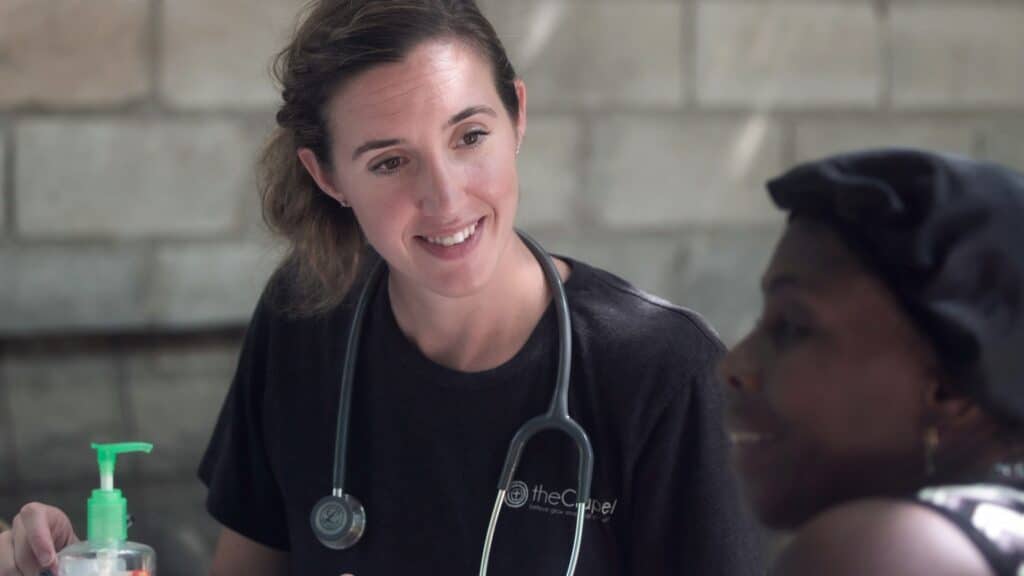If you’re struggling with addiction or trying to help a loved one, finding a safe and effective way to start recovery can feel overwhelming. A critical step is safely managing the physical effects of withdrawals — that’s where medical detox comes in.
Medical detox offers a solution to one of the biggest challenges in early recovery: handling withdrawal symptoms safely and with professional care. Knowing what to expect from the process can help guide your next move. In this post, we’ll explore how medical detox works and how it contributes to a lasting recovery.
What Is Medical Detox?
Medical detox safely removes harmful substances from the body under medical supervision, helping those dependent on drugs or alcohol manage withdrawal symptoms in a controlled environment. It’s often the first step in treatment and crucial for long-term recovery.
Detox is tailored to each person’s needs based on their substance use, medical history, and addiction severity. It helps individuals stabilize physically and mentally, preparing them for the next phase of treatment.
Who It’s For
Medical detox is recommended for those physically dependent on substances like alcohol, opioids, or benzodiazepines that can cause significant withdrawal symptoms. It’s crucial for individuals at risk of dangerous health complications during withdrawal.
Quitting “cold turkey” without medical help can lead to severe symptoms or relapse, but medical detox offers a safer, more comfortable option with professional care.
Why It’s Important
Detoxing from certain substances can be dangerous and even life-threatening without proper medical supervision — which is why we don’t recommend detoxing at home. Withdrawal symptoms can range from uncomfortable to severe, depending on the substance and length of use. Medical detox ensures physical safety and prepares the body for further therapy, providing a stable foundation for recovery.
How Does Medical Detox Work?
Medical detox is a multi-step process that addresses both the physical and emotional aspects of withdrawal. Each step is designed to ensure safety, comfort, and readiness for the next phase of treatment.
Initial Assessment
The medical detox process begins with a thorough medical and psychological assessment. Healthcare professionals evaluate several key factors to create a personalized detox plan:
- Health status
- Addiction history
- Any co-occurring mental health issues
This assessment ensures that the treatment approach is tailored to the person’s unique needs, maximizing safety and comfort during detox.
Medication and Monitoring
Medications may be prescribed to help manage cravings, physical discomfort, and emotional distress. Medical staff closely monitor patients to ensure their well-being and adjust treatments as needed. This continuous care ensures that any complications can be addressed immediately, providing a safe environment for recovery.
Duration of Treatment
Detox typically takes several days to a week, depending on the substance and addiction severity. If you’re concerned about how long detox might take, remember that every step is personalized to your needs. The goal is to get you through this phase as safely and comfortably as possible. By the time detox is complete, your body will be ready for the next steps in your recovery journey.
Constant Support
One of the most significant benefits of medical detox is the around-the-clock care provided by healthcare professionals. This constant support helps reduce anxiety, manage discomfort, and provide emotional reassurance. Knowing that medical and emotional support is always available can make the detox process feel less overwhelming, allowing individuals to focus on their recovery.
Why Medical Detox Supports Lasting Recovery
Medical detox is about more than just managing withdrawal symptoms—it sets the stage for lasting recovery. By addressing the physical challenges of addiction first, individuals are better prepared to tackle the deeper emotional and psychological aspects of their condition. A safe and well-supported detox helps to create a smoother transition into the next steps of treatment, building a strong foundation for long-term success.
Safe Transition
Medical detox stabilizes the body, making it easier for individuals to engage in the next phase of their recovery journey. When the physical symptoms of addiction are managed, patients can focus on the emotional and psychological work necessary for recovery. Detox provides a safe transition into therapy and treatment, ensuring the body is prepared to heal and grow without the strain of withdrawal symptoms holding the person back.
Preventing Relapse
One of the most significant benefits of medical detox is the reduced risk of immediate relapse. Severe withdrawal symptoms can drive individuals back to substance use if not managed correctly. With medical supervision, cravings and discomfort are minimized, making it easier for individuals to stay committed to their recovery plan. By easing this challenging phase, detox increases the likelihood of a successful recovery.
Laying the Foundation for Treatment
Detox is just the beginning of a comprehensive recovery plan. It lays the groundwork for further treatment by helping individuals enter the next phase—whether inpatient or outpatient care—with a clearer mind and a healthier body. Once detox is complete, people are better equipped to engage in therapy, counseling, and other essential components of their recovery process.
Transitioning from Detox to Treatment
While it’s a vital first step, completing a medical detox isn’t the same as rehab; it’s only one part of the journey to sobriety. Detox alone doesn’t address the underlying issues that contribute to addiction, which is why transitioning into a full treatment program is so important.
Keep Your Momentum Going
Inpatient or outpatient treatment provides the therapeutic tools needed to maintain recovery after detox. The structure and support offered in these programs help individuals build on their progress during detox, giving them the skills and mindset to continue their healing.
Take a Holistic Approach
Long-term recovery requires a holistic approach. Therapy, counseling, and support groups all play a role in addressing the emotional, mental, and social aspects of addiction. By moving directly from detox into a more comprehensive treatment plan, individuals can continue their recovery with a strong foundation in place.
Take the Next Step Toward Lasting Recovery
Medical detox is a critical first step toward lasting recovery. At Northpoint Colorado, our alcohol detox program and drug detox program are both designed to support your long-term sobriety. Our comprehensive treatment program ensures that once detox is complete, you have the resources and care needed to continue your journey to recovery.
To learn more about how our programs can help or to speak with a professional about your options, contact Northpoint Colorado today. We’re here to support you every step of the way.




